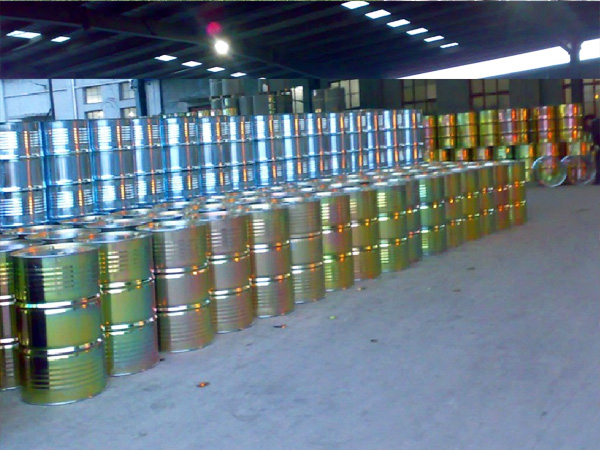Acetone is a common organic solvent, which is widely used in industry, medicine and other fields. However, it is also a dangerous chemical material, which may bring potential safety hazards to human society and environment. The following are several reasons why acetone is a risk.
acetone is highly flammable, and its flash point is as low as 20 degrees Celsius, which means that it can be easily ignited and explode in the presence of heat, electricity or other ignition sources. Therefore, acetone is a high-risk material in the process of production, transportation and use.
acetone is toxic. Long-term exposure to acetone may cause damage to the nervous system and the human body’s internal organs. Acetone is easy to volatilize and spread in the air, and its volatility is stronger than that of alcohol. Therefore, long-term exposure to high concentrations of acetone may cause dizziness, nausea, headache and other discomforts.
acetone may cause environmental pollution. The discharge of acetone in the production process may cause pollution to the environment and affect the ecological balance of the region. In addition, if the waste liquid containing acetone is not handled properly, it may also cause pollution to the environment.
acetone may be used as a raw material for making explosives. Some terrorists or criminals may use acetone as a raw material to make explosives, which may cause serious security threats to society.
In conclusion, acetone is a high-risk material due to its flammability, toxicity, environmental pollution and potential use in making explosives. Therefore, we should pay attention to the safe production, transportation and use of acetone, strictly control its use and discharge, and reduce the harm caused to human society and the environment as much as possible.
Post time: Dec-14-2023





